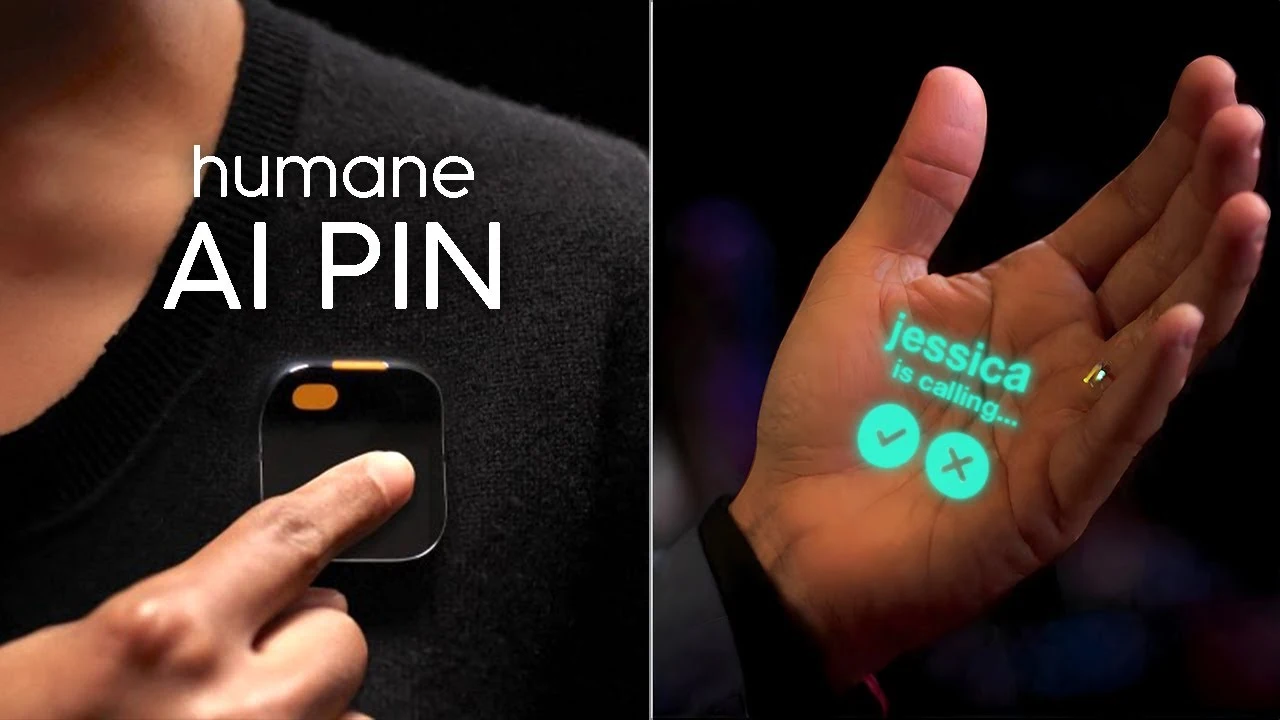Introduction
Smartphones have become an undeniable extension of ourselves. From checking emails to navigating unfamiliar streets, these pocket-sized powerhouses have revolutionized communication, information access, and entertainment.
But with the relentless march of technology, a question emerges: are our beloved smartphones on the verge of extinction?
While it might seem like science fiction, here are 7 compelling reasons why smartphones, in their current form, might soon become relics of the past:
Follow us on Linkedin for everything around Semiconductors & AI
The Rise of Capable and Stylish Wearables:
Smartwatches and AR glasses are no longer clunky gadgets. Leading tech companies are pouring resources into developing sleek, feature-rich wearables that offer core smartphone functionalities like calls, texts, notifications, and even light productivity tasks.
Imagine a world where a flick of your wrist lets you check emails, answer a call, or control your smart home devices.
Advanced AR glasses could project information directly onto your field of vision, eliminating the need to constantly pull out your phone for directions or quick web searches.
Read More: ASML Stays in Netherlands ; To Create 20,000 Jobs – techovedas
The Seamless Integration of Ambient Computing:
The concept of ambient computing, where technology seamlessly integrates into our surroundings, is gaining traction.
Picture a future where smart surfaces like countertops or walls recognize your presence and display relevant information.
Imagine voice assistants embedded in mirrors or light fixtures, ready to answer your questions, control your smart home, or even play music on command. This would eliminate the need to launch separate apps on your smartphone for these tasks.
Read More: Google Launches its AI essentials Course for Routine Tasks – techovedas
The Mind-Bending Potential of Brain-Computer Interfaces (BCIs):
While still in their early stages, Brain-Computer Interfaces (BCIs) hold the potential to revolutionize human-computer interaction.
Imagine a future where you interact with the digital world through the power of your thoughts! No more swiping or typing – a simple mental command could control your smart home devices, access information from the web, or even make a purchase.
While ethical considerations and safety measures need to be addressed, BCIs represent a potential paradigm shift in how we interact with technology.
Foldable Phones and Flexible Displays: Redefining the Form Factor:
Smartphone form factors might become more versatile in the future. Foldable phones that seamlessly transform into tablets or even larger displays are already a reality.
Imagine unfolding your phone to enjoy a movie on a bigger screen or expanding it for a more productive work experience.
Furthermore, the development of flexible displays could lead to even more innovative form factors.
Imagine displays embedded in clothing or integrated into accessories, eliminating the need for a separate device altogether.
Mounting Security Concerns and the Rise of Privacy-Focused Solutions:
Smartphones are treasure troves of personal data, making them prime targets for hackers and data breaches.
As security concerns and privacy issues continue to rise, users might seek alternative, more secure ways to interact with technology.
Blockchain-based solutions or decentralized applications (dApps) that prioritize user privacy could become more attractive options.
Read More: Did You Know that Intel has a Podcast about Transformative Technology – techovedas
Digital Detox and the Push for Wellbeing:
There’s a growing awareness of the negative impacts of excessive smartphone use on mental health and overall wellbeing.
The constant barrage of notifications, the pressure to maintain an online presence, and the fear of missing out (FOMO) can be detrimental.
Technologies that promote a healthier relationship with technology, minimizing screen time and distractions, could become more appealing.
Imagine smart glasses or AR interfaces that project information only when needed, or wearables that encourage mindful breaks and digital detox periods.
Innovation Slowdown: Pushing the Boundaries of Hardware:
Smartphone advancements seem to be reaching a plateau. Battery life limitations, screen size constraints due to ergonomics, and similar hardware limitations could push users towards alternative interfaces that offer a more significant leap forward.
Perhaps future innovations will lie in areas like biocompatible implants or neural interfaces that seamlessly integrate technology with the human body.
Read More: NVIDIA Crowns OpenAI King of AI with World’s First DGX H200 – techovedas
Conclusion
It’s important to remember that these are just possibilities, not certainties. Technology often takes unexpected turns. Smartphones might not vanish entirely, but they could evolve into something unrecognizable from today’s devices.
The key takeaway? The future of mobile interaction is likely to be more fluid and diverse. Smartphones might not be the sole dominant force, but they’ll likely pave the way for even more innovative ways to connect, access information, and interact with the world around us. Whether it’s through sleek wearables, voice-activated smart environments, or mind-computer interfaces, the future of mobile technology promises to be exciting, convenient, and perhaps even a little mind-blowing.




